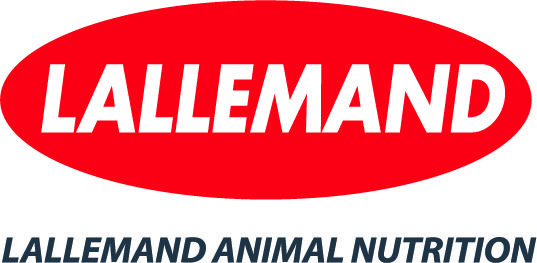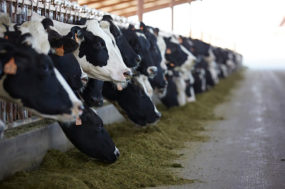While a very true statement because comfortable, stress-free cows have been scientifically proven to produce more milk, I think this is the wrong way to talk about animal welfare.
There is a lot of scientific research taking place to study animal welfare, particularly in Canada. One interesting study is noted in this article (click here to read) where a graduate student at the University of British Columbia not only discovered how pain can affect calves after dehorning, but she also outlined a new method to ask cows and calves how they “feel.”
Truth is, welfare has more to do with feelings than it does about science and financial benefits. Can we help determine good welfare practices with science? By all means, yes, and we should continue to do so. Can financial benefits be a driving force to implement better welfare on a dairy? Certainly.
My point is that beyond science and finances (some typical go-to reasoning methods on dairies), we need to keep in mind the emotions surrounding the issue, both working within the dairy industry and especially when we discuss animal welfare outside the industry.
Because that is how the consumers of your products look at the issue of animal welfare. They are calling for more transparency and new regulations – not because they want to cause undue hardship on dairy producers and force you out of business.
They are concerned about the welfare of animals because it “feels” like the right thing to do.
Let’s face it; no one besides you, your family and your banker care if you make money. It is an argument that falls on deaf ears with the consumer. For a moment, step into the shoes of a mother of three young children balancing a tight household budget.
As she steps up to the dairy case in her local grocery store to pick up milk, I’ll bet her thoughts are more concerned about what the purchase will do her bottom line than what it could ever do to yours.
At the same time, she is wondering if purchasing this nutritious product for her children is resulting in the mistreatment of cows across the country.
This woman, and consumers everywhere, doesn’t want to know you only take good care of your animals because it means more money in your pocket. What they really want to know is that you truly care about the animals under your charge.
Think back to when you chose dairy farming as a profession. Was the sole purpose because you wanted to make money? I doubt it, considering there are other, more profitable job positions you could have chosen.
Most people select dairy farming because it meets their intrinsic values. They simply enjoy working the land and being around animals, particularly the well-natured bovine species.
I realize it can be difficult for some individuals to tap into their emotional side, which is why the default “bottom line” answer is an easy one to give. While it is more difficult to open up about your values and to show a softer side, it is what consumers expect to see from someone who cares for other living creatures on a daily basis.
The next time you are in a room full of people or having a one-on-one conversation with a consumer, I challenge you to remember the true reason why you do what you do every day.
Convey your passion for dairying and how much you care about your herd and that you, too, value animal welfare because it “feels” right. I’ll bet that message will help them “feel” better about animal welfare and how dairy producers across Canada are caring for their animals. PD

Karen Lee
Editor
Progressive Dairyman magazine








